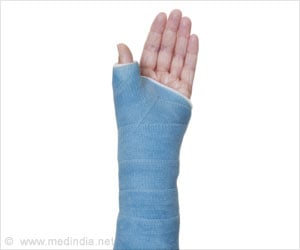
For the three, "this was the longest period of sustained increase in BMI (Body Mass Index -- the ratio between a person's height and weight) since the onset of their illness," wrote the authors.
Furthermore, the technique known as deep brain stimulation (DBS) "was associated with improvements in mood, anxiety... and anorexia nervosa-related obsessions and compulsions in four patients and with improvements in quality of life in three patients after six months of stimulation," said the paper.
Three patients, however, showed no weight improvement and the scientists pointed out that the procedure was associated with "several adverse events" -- including one woman suffering a seizure.
Other effects included panic attacks, nausea and pain.
Anorexia nervosa is usually a chronic illness that affects nearly one percent of people. It is typically diagnosed in young women aged 15-19.
Advertisement
The trial involved implanting electrodes into the part of the brain that regulates emotion so as to moderate the activity of dysfunctional brain circuits.
Advertisement
A the time of surgery, the women were aged between 24 and 57 and had been suffering from anorexia for between four and 37 years.
DBS is used to treat several neurological disorders including Parkinson's disease and chronic pain, but this was a first for anorexia.
In a comment on the study, Janet Treasure and Ulrike Schmidt of King's College London's Institute of Psychiatry said the findings were "promising".
"The fact that the procedure was associated in some patients with improvements in affective and obsessional symptoms is of key importance since such improvements will go some way towards reassuring patients that DBS is not just another treatment designed to fatten them up without making them feel better," they wrote.
Source-AFP















